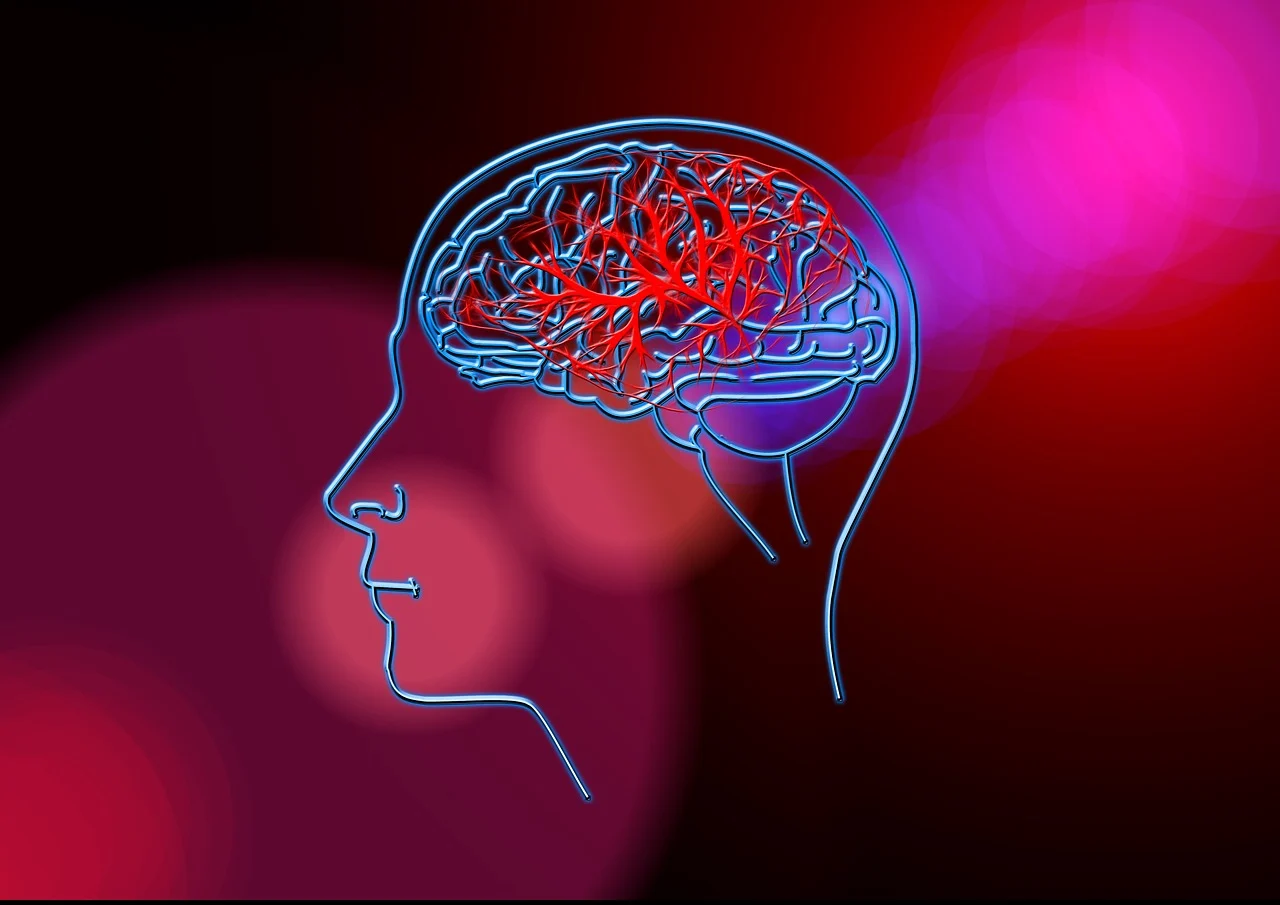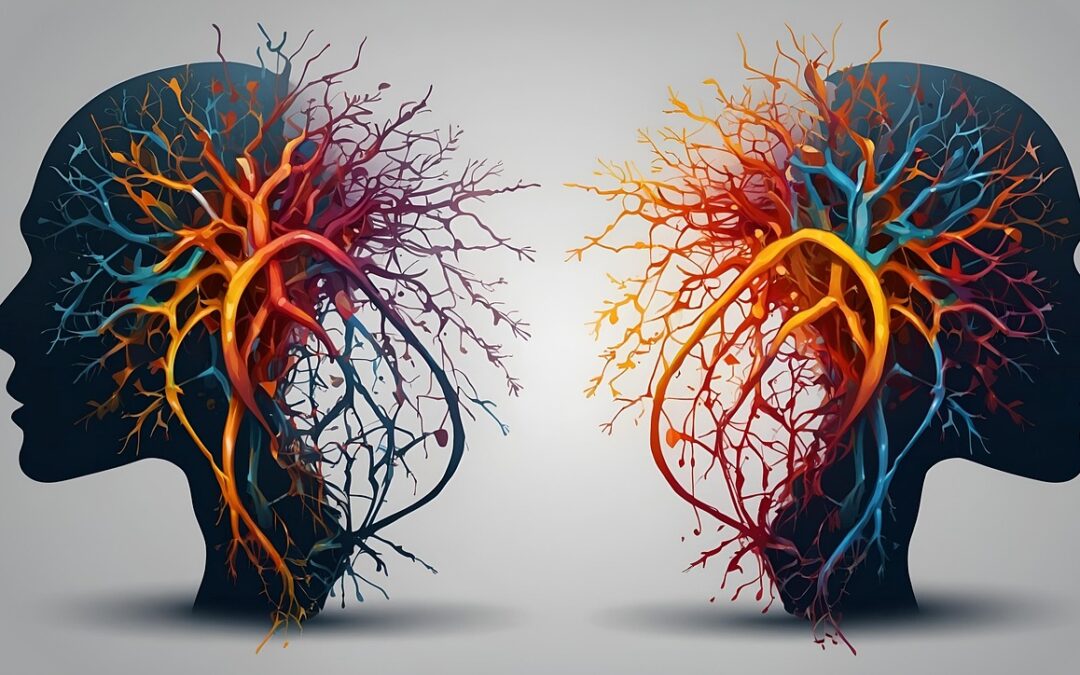Motor Neurone Disease (MND), also known as Amyotrophic Lateral Sclerosis (ALS), is a cruel and incurable neurological condition that affects over 400 people in Ireland at any one time. It gradually strips individuals of their ability to move, speak, swallow, and breathe — yet the mind remains intact. For many Irish families, the diagnosis is a devastating blow, and despite dedicated research efforts, treatment options remain extremely limited. However, Artificial Intelligence (AI) is emerging as a revolutionary force with the potential to accelerate the search for a cure and prolong the lives of those living with MND.

Ireland has a proud history in neuroscience and pharmaceutical innovation, and this legacy places it in a strong position to harness AI in the battle against MND. Leading institutions such as Trinity College Dublin and University College Cork are already engaged in cutting-edge neurological research, while the Irish Centre for High-End Computing (ICHEC) provides world-class computing power to process complex medical data.
AI can analyse vast volumes of data — from genetic profiles and patient histories to global clinical trial results — and identify hidden patterns far beyond the capacity of traditional research methods. In an Irish context, this means drawing insights from national registries like the Irish ALS Register, helping researchers understand disease progression and uncover possible targets for treatment earlier and more accurately.
One of the most promising uses of AI is in drug discovery and repurposing. Rather than spending years developing new compounds from scratch, AI can scan thousands of existing drugs already approved by the Health Products Regulatory Authority (HPRA) and assess their potential to slow MND progression. Irish biotech firms and start-ups are beginning to collaborate with international AI partners to identify promising compounds and fast-track them into clinical trials.

Moreover, the use of AI in genetic research is opening new doors in understanding familial MND, which accounts for roughly 10% of cases in Ireland. AI-driven genomics platforms can analyse variations in the Irish population’s DNA to pinpoint gene mutations linked to the disease, enabling precision medicine strategies tailored to Irish patients.
Outside the lab, AI is also playing a role in supporting quality of life. Irish-based projects are exploring AI-powered communication tools for non-verbal MND patients, along with smart home technologies that support independent living. These innovations are vital in a country where MND services are often stretched, particularly in rural areas.
However, challenges remain. Ireland must invest further in national AI infrastructure, build cross-border research collaborations, and ensure ethical data sharing frameworks that protect patient privacy. The Department of Health and the HSE can play a key role in coordinating these efforts and embedding AI innovation within the Irish healthcare system.

In conclusion, while a cure for MND has yet to be found, AI offers real and immediate potential to speed up discoveries, extend life, and improve care. With coordinated action, Ireland can be a leader in using AI to give hope to those facing this devastating disease — and ensure no one is left behind in the race

